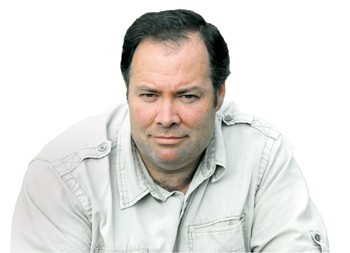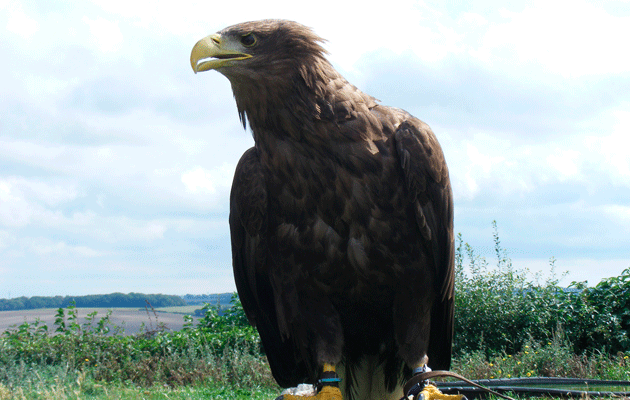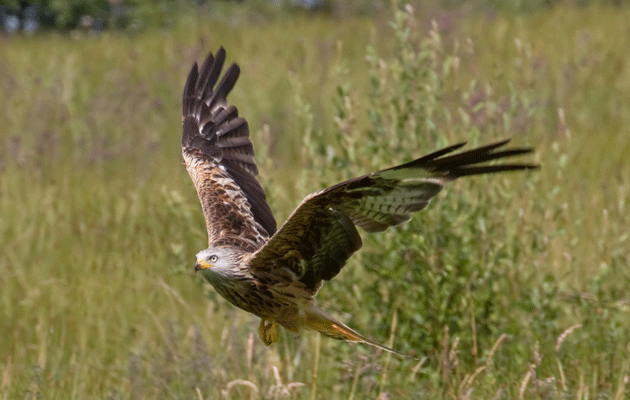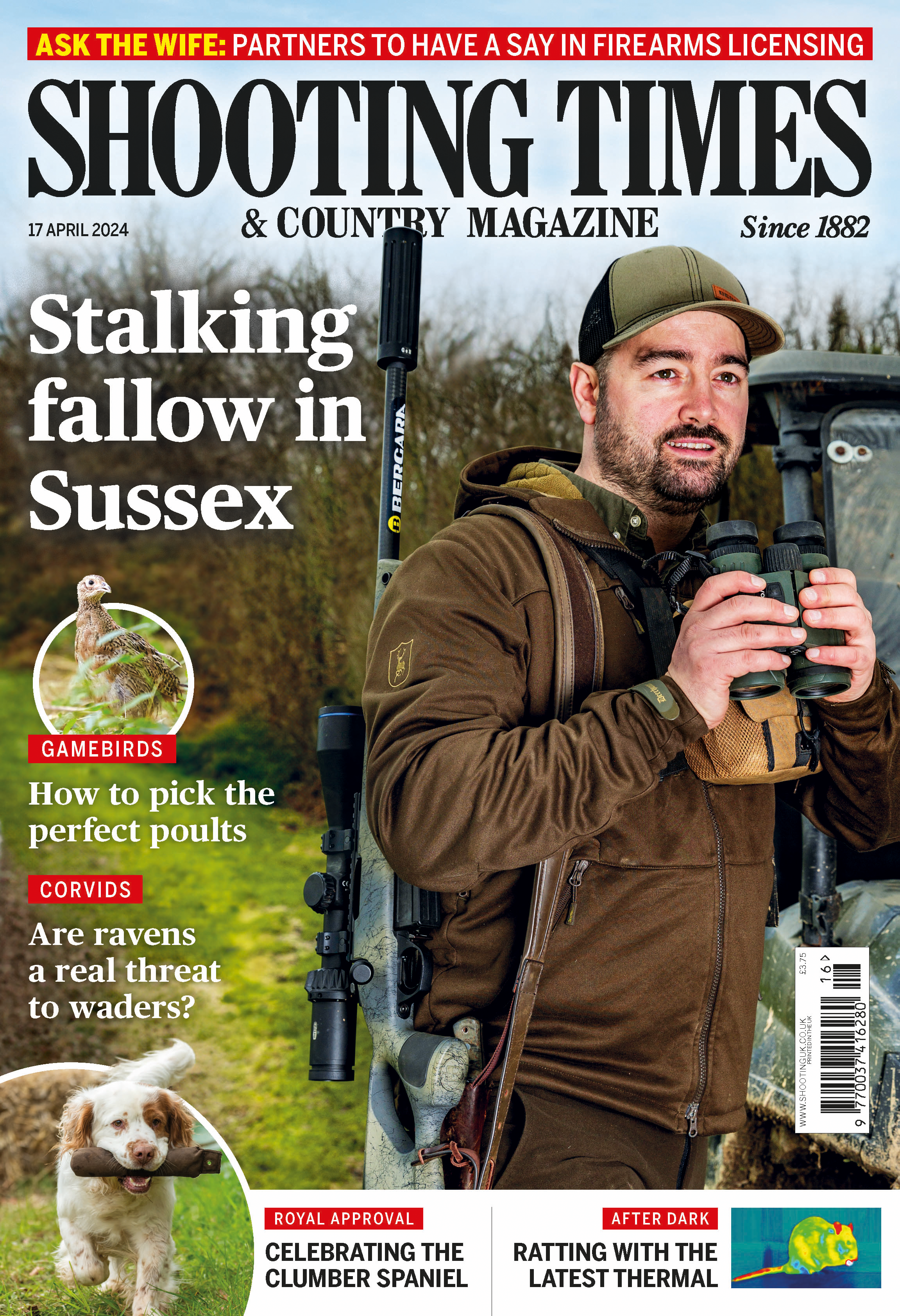Sharpshooter

Public acceptance of fieldsports seems to be directly related to society?s emotional and cultural attachment to the countryside. Fieldsports are widely appreciated ? or at least tolerated ? in rural societies, less so in urban ones. You do not actually have to be a rural dweller to be an ardent shooter or fisher, of course. ?Rural? is more a state of mind than an accident of location. Many individual urban dwellers value the countryside all the more because they only experience it in fleeting but intense episodes.
Given that many of us have an inherent hunting instinct, it seems to me that the wider society tends either to support or oppose such personal inclinations, and it is at this level that the fabled urban/rural divide comes in. It can be no accident that the governments of the most densely populated countries, such as The Netherlands, are broadly hostile to hunting sports, whereas offi cialdom in the US, eastern Europe and Africa are generally supportive.
And even within the US, I think one can detect a distinction in attitudes towards hunting between the sparsely populated states (strongly pro) and some other areas. Once you get right out into the boondocks, an active anti becomes rarer than rocking-horse dung. In some US states, children are let off school for the start of the turkey season. How would that go down in the UK? ?Please Miss, may I leave early? The duck season starts today and I want to get to the flightpond with my dad before dark?.
A real wilderness
Many people who love nature ? hunters, walkers, climbers, canoeists ? crave a true wilderness experience. Whether or not your chosen activity involves pursuing live quarry, it?s all part of the same atavistic yearning. But how many parts of the world fit the description of ?true wilderness? nowadays? In the UK, the closest we come to the real thing is probably the Cairngorm plateau, or certain other parts of the Highlands. But for wilderness, you have to go further afield ? probably even outside Europe.
One prime candidate must be the Arctic National Wildlife Refuge, in the interior of Alaska, hard by the border with Canada?s Yukon Territory. By all accounts, this is a huge, tough country, with countless mountains, glaciers, lakes and rivers. A mix of tundra and boreal forest, it is the epitome of pristine wilderness. If you want to visit, you have to fly, walk or paddle in. There are no roads, no villages, no tourist facilities ? no development at all, in fact.
The full suite of native wildlife is present, including three species of bear (black, brown and polar), wolves, lynx and wolverines. Not a single introduced species has been recorded in the refuge, which remains much as it was before white men landed in the New World. Indeed, the one species that is almost entirely absent is man. There are no Indian settlements, and only seven permit holders are allowed to maintain cabins within the refuge. Their customary right of residence will die with them.
Oh, and did I mention that the refuge is a tad bigger than Scotland? Think about it: just seven residential permits in 30,500 square miles. (Scotland, incidentally, has a population of 5.1million).
The only human inhabitants of the refuge who live there all year round are Heimo Korth, a subsistence hunter and trapper, and his wife, Edna. ?Rural? takes on a new dimension when I tell you that the Korths? cabin is 300 miles from the nearest shop. (Just imagine if you had to walk from Edinburgh to London to buy a scratch card and the Sunday paper).
Heimo Korth is the last of the few. He has become something of a folk hero in Alaska. If you Google his name you can access a fascinating documentary film about his lifestyle. It?s good to know that Heimo and Edna are out there, actually participating in nature, as opposed merely to observing it from afar.
Have your say: if you have a view on a current news topic, send it, in no more than 500 words, to [email protected].
What is YOUR opinion?
Join other ST readers in our forums to discuss your views.
Like this article? Mark this page on a social bookmarking website…
![]()
What are social bookmarking sites?








